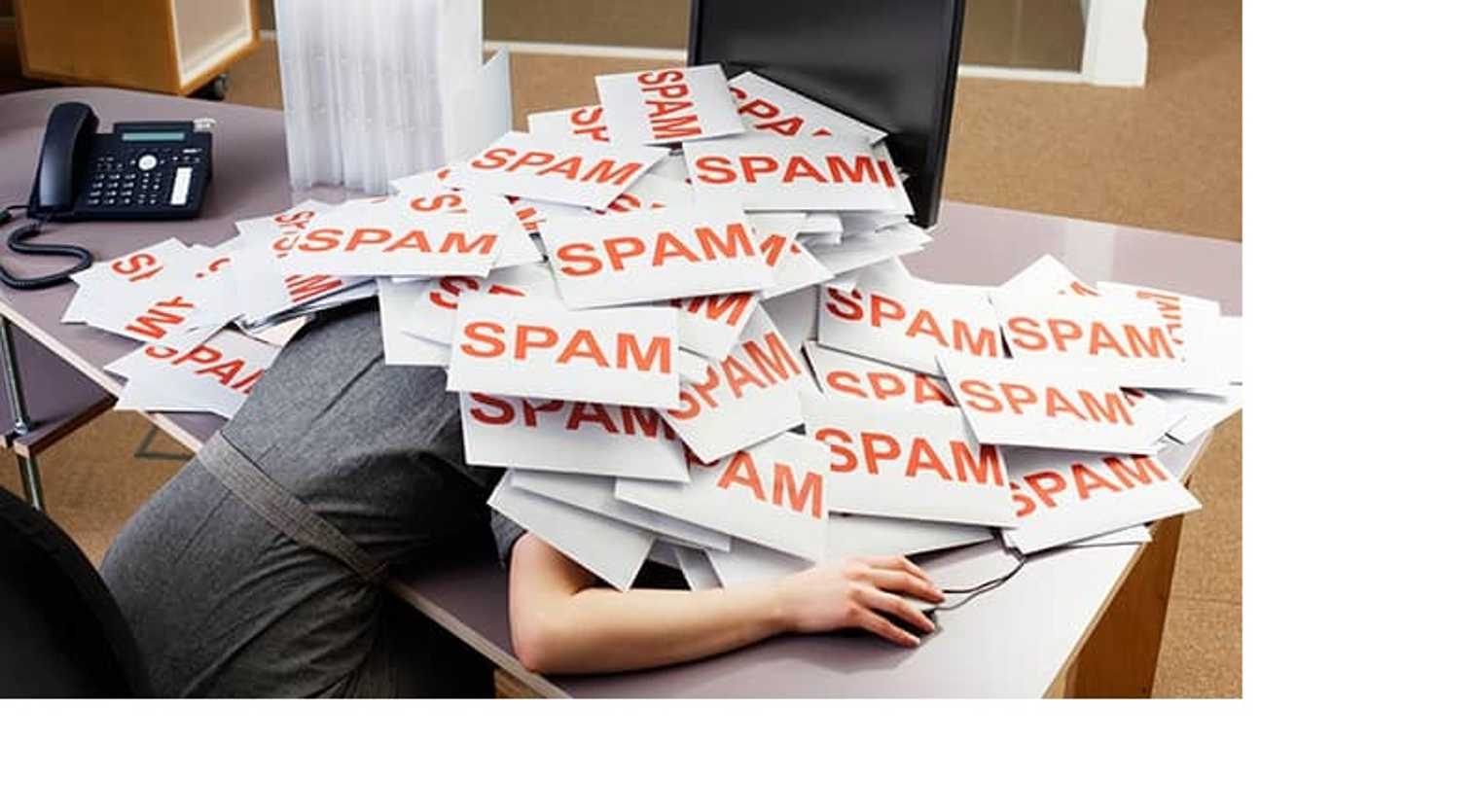In recent times, a surge in unsolicited emails offering SEO services has raised eyebrows within the digital marketing world and among website owners.
Originating predominantly from Gmail and Outlook account holders operating from India over 90% of the time, these spam emails tout promises of elevated website rankings and increased online visibility.
The inundation of over 20 SEO spam emails per day reported by some businesses and webmasters can be not only annoying but also potentially harmful if it leads to unwitting engagement with fraudulent services or compromise of sensitive information.
However, the irony is stark: the very companies claiming expertise in digital marketing are resorting to outdated and frowned-upon email spam tactics to reach potential clients.
The prevalence of these spam emails has drawn attention to the practices of Indian digital marketing companies, freelancer resellers and scammers, many of which are now under scrutiny for their aggressive and indiscriminate outreach methods.
While email marketing can be a legitimate strategy when done responsibly and with consent, the inundation of inboxes with unsolicited offers reflects poorly on the integrity and professionalism of these outfits
One glaring issue highlighted by industry observers is the lack of sophistication displayed by these so-called marketing agencies.
It’s widely understood among experienced website owners and marketers that resorting to spam emails indicates a fundamental inability to effectively promote oneself through legitimate channels.
After all, if these companies cannot navigate the intricacies of digital marketing to promote their own services, how can they be trusted to deliver results for their clients?
Not to mention, the use of Gmail and Outlook accounts for mass email campaigns raises questions about the authenticity and credibility of these marketing firms.
Established agencies typically invest in professional email infrastructure and adhere to industry best practices to ensure their communications are not flagged as spam. In contrast, the reliance on free email services suggests a lack of investment in proper tools and marketing aids.
Beyond the annoyance caused to recipients, spam email campaigns can have more serious consequences. They tarnish the reputation of the digital marketing industry as a whole, undermining the efforts of legitimate practitioners who adhere to ethical standards.
Moreover, spam emails can potentially violate regulations such as the CAN-SPAM Act in the United States and the GDPR in Europe, exposing companies to legal repercussions.
There is also a lack of a response to the growing concern over email spamming tactics, industry associations and regulatory bodies don’t seem to be stepping up efforts to address the issue
Understanding SEO Spam Emails
Unsolicited emails promoting SEO services often come with unrealistic promises, like instant search engine ranking boosts or top page No.1 rankings. These messages may also use fear tactics, claiming to have found issues with your site that they can resolve for a fee.
Identifying SEO Spam Emails
Identifying SEO spam emails can be easier when you recognize certain common traits that set them apart from genuine correspondence. Being aware of these characteristics can empower you to spot and steer clear of potential scams or unwelcome solicitations.
- Generic or Broad Messaging: SEO spam emails often lack personalization. They may address you with generic terms like “Dear website owner” or “Dear business owner,” failing to mention any specific details about you or your business.
- Unrealistic Promises: These emails frequently make extravagant claims, such as guaranteeing a top-ranking spot on Google or promising instant enhancements in your website’s SEO performance. Legitimate SEO professionals understand that achieving high search engine rankings takes time and effort, and they don’t make overnight guarantees.
- Use of Free Email Services: Legitimate businesses typically use their own domain for email communication. If an email offering SEO services comes from a free email service like Gmail, Yahoo, or Hotmail, it’s a warning sign that it might be spam.
- Poor Quality Websites or Lack Thereof: If the sender of the email claims to provide professional SEO services but doesn’t have a professional-looking website or doesn’t have one at all, this lack of credibility suggests that their email may not be genuine.
- Awkward Formatting and Grammatical Errors: Emails riddled with formatting issues, spelling mistakes, and grammatical errors often indicate spam. Reputable companies strive for clear and error-free communication.
- Vague Service Details: SEO spam emails may list services vaguely or broadly without explaining how they would tailor their strategies to meet your specific needs or business objectives. Legitimate SEO professionals typically provide clear and detailed information about their services and how they can benefit your business.
Calls For Greater Transparency
Calls for greater transparency and accountability in digital marketing practices don’t seem to be gaining any momentum, with no demands for stricter enforcement of existing regulations and the establishment of clearer guidelines for ethical conduct.
For businesses seeking to engage digital marketing services, it’s imperative to exercise caution and due diligence in selecting a reputable partner.
Rather than succumbing to the allure of unsolicited offers flooding their inboxes, organisations should prioritise agencies with proven track records, transparent processes, and a commitment to ethical marketing practices.







